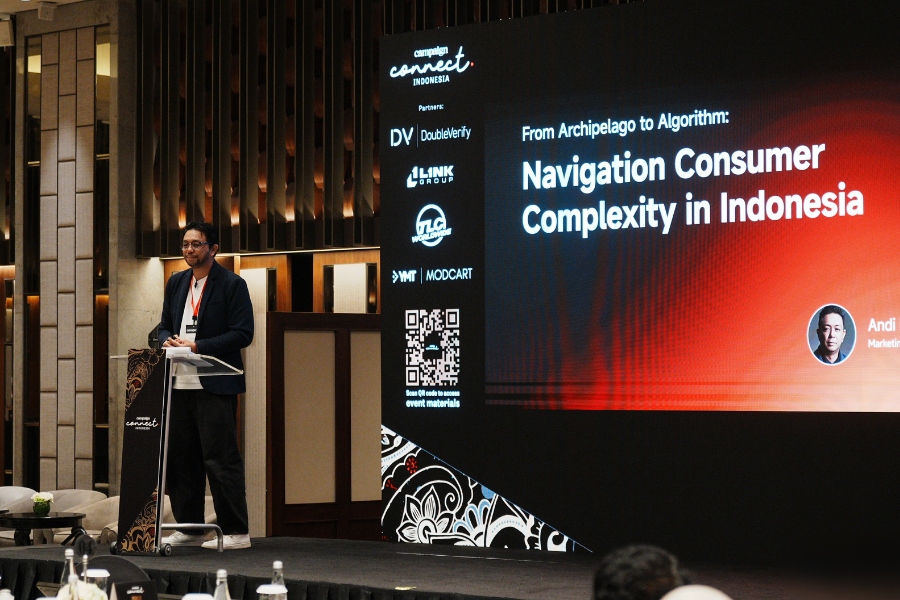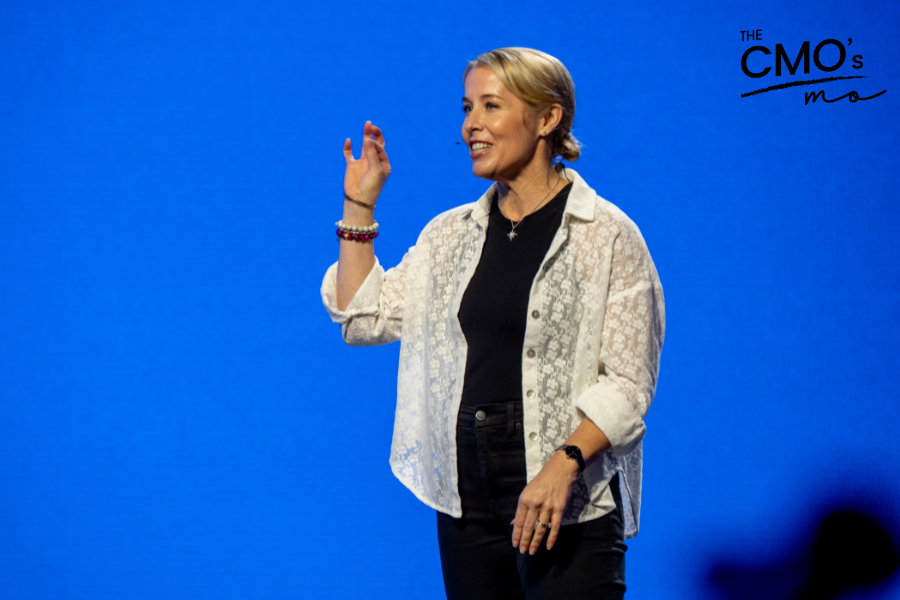The ad (pictured) for a new product called the “charcoal donut” featured an image of a woman with jet black hair and face, along with the slogan “Break every rule of deliciousness.”
Human Rights Watch complained about the ad, which brought it to the attention of western media, notably the Huffington Post. Particularly in the US, a non-black person donning makeup to appear black is seen as extremely inflammatory, as it hearkens back to racist portrayals of African-Americans in the 19th and 20th centuries.
The CEO of Dunkin' Donuts in Thailand, Nadim Salhani, initially defended the ad and said the criticism was “absolutely ridiculous”. The ad had been in the market for about two weeks, and Salhani said it had been working very well for the company, with sales increasing about 50 per cent.
The brand's headquarters in the United States, however, quickly issued an apology and said it would pull the ad.
“You can’t control how the message will be spread online, and you just have to be true to brand’s behaviour, philosophy and value,” he said. “You have to be consistent in the message, and it is important to know local culture and brand heritage.”
Oliver Kittipong Veerataecha, chief strategy and innovation officer at Y&R, said real creative marketers must take into account different business contexts, from the brand to consumers and society as a whole.
“Clearly in this case, it’s a push to be more aware of a global context,” he said. “[They need] to be more prudent and recognise that power of the ad is now in the hands of a no-frontier audience.”
The Thai native added that Thailand is one of the most harmonious countries when it comes to race relations, but that cultural icons that are well-connected to the local people may have different connotations for those living outside the country.
“For instance, Thai people regard other Thais as their family members and would often ask ‘Where you go?’ and ‘What you do?’ as a sign of greeting, whereas some other cultures may see this as an intrusion of privacy,” he said, adding the royal family as another example of something that is seen differently by Thais than it may be elsewhere . “Royalty is a much revered subject and should never be played down,” he said.
Veerataecha added that the approach to the majority of Thai consumers needs to be very local, to the point and uncomplicated; Bangkok represents only 15 per cent of the country’s total population.
“The challenge here is how to marry simplicity and creativity in a more discerning manner that produces compelling brand conversation, and of course, not to intimidate the more sophisticated audience,” he added.
Somanathan said that for a global brand like Dunkin' Donuts, the reaction from the rest of the world will often trump the marketing that might work well in a single local market.
“Maybe customers in London don’t like the ad and would no longer buy Dunkin' Donuts,” he said. “In this case, sales might go up locally but how about the sales globally?”











